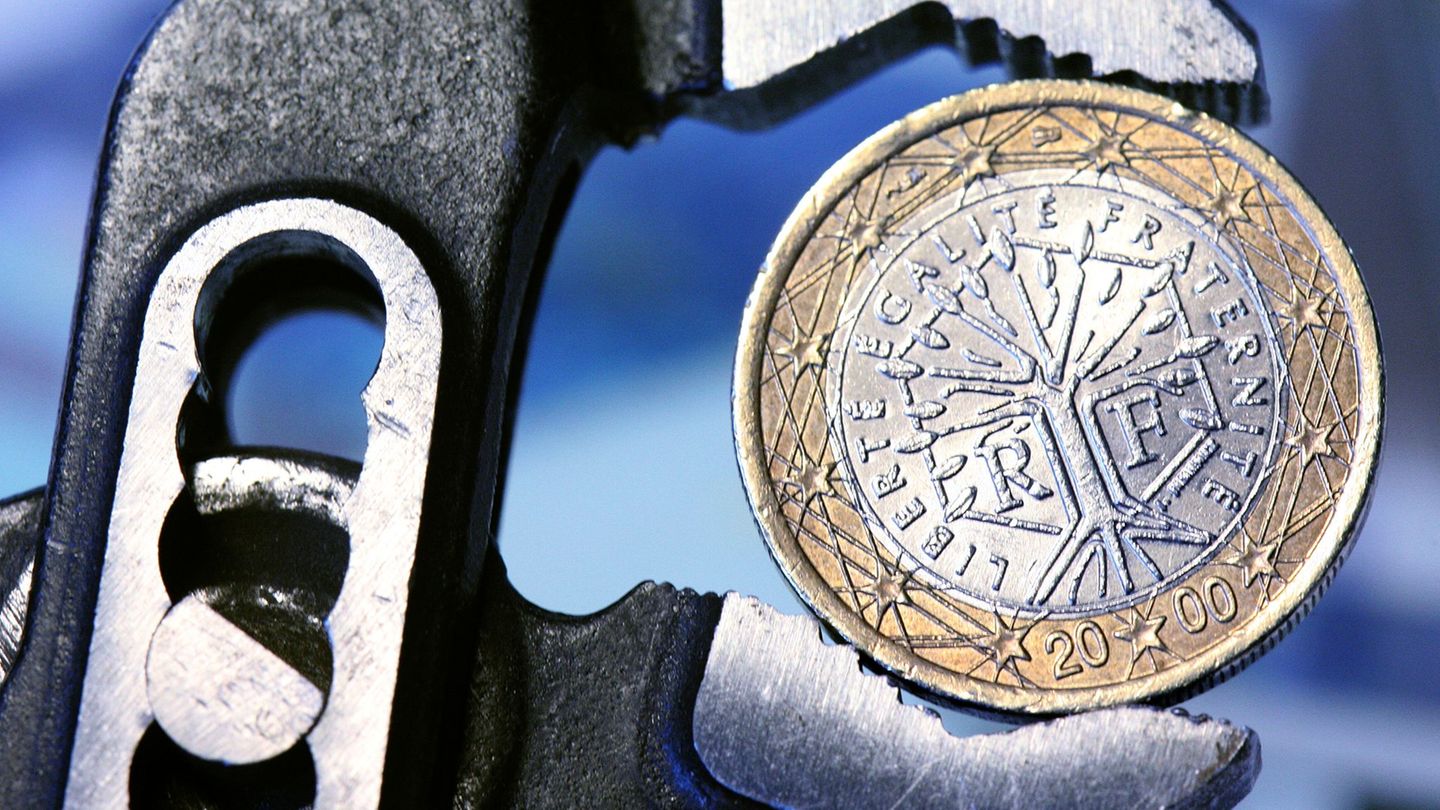The visits to Serbia and Albania raise questions about the legacy of 16 years of chancellorship. But not everything is just black or white in the Balkans.
Serbian President Aleksandar Vucic received Chancellor Angela Merkel (CDU) on Monday with a military gun salute that thundered over the residential town of New Belgrade.
A few weeks before leaving politics, the German head of government announced that she would be making a two-day visit to Serbia and Albania. It applies to the entire region: On Tuesday, in Tirana, she will speak to the heads of government of all six Western Balkan states, i.e. Serbia, Montenegro, Bosnia-Herzegovina, North Macedonia, Albania and Kosovo.
At the joint press conference with Vucic in the Palace of Serbia – the former government palace of the much larger former socialist Yugoslavia – it became clear: It is about saying goodbye, but also about the legacy of a 16-year-old chancellorship and about looking at a region that is after Europe as before is important, even if it has recently been a little neglected by Europe.
“Europe has an absolute geo-strategic interest in including these countries in the EU,” Merkel put it in a nutshell. The six countries are striving for EU membership, but still have a long way to go. Practically everywhere there is a lack of rule of law and the technical competence of the administrations – to varying degrees. Corruption and nepotism are rampant. Independent media and critical civil associations are coming under increasing pressure. Authoritarian tendencies prevail here and there.
On this Monday evening, Merkel refers to small advances that lighten the gloomy balance a little. In 2014 she launched the so-called Berlin Process, a new discussion forum. It is intended to bring the Western Balkan countries, which were often at odds in the past, closer to one another. It does not replace the EU accession process, Merkel hastened to emphasize. “But the willingness to talk has increased massively in the region, and that helps with accession,” she added. Observers rate the establishment of a regional youth organization based on the German-French model as a tangible, good result of the Berlin process.
Vucic did not hide how much he admired the outgoing Chancellor: “She is an authority that everyone in the region likes to listen to.” Even with differences of opinion, she remains a pragmatist who has “an open ear for everyone”. He also praised her commitment to the economy. “We owe her that German-Serbian foreign trade has tripled since 2014,” he enthused.
In his own country, Vucic, who has dominated politics since 2012, tends to show the authoritarian side. Since last summer he has been ruling with practically no opposition. Critics and independent voices face brutal attacks from the Vucic-controlled tabloid media. According to critics, its diplomats and secret service agents support Serbian nationalists in Bosnia and Montenegro.
In this respect, Serb opposition members see Merkel’s courteous attention to Vucic in a critical light. He is not expecting anything from your visit, said Andrej Ivanji, editor of the opposition weekly newspaper «Vreme». “It’s all just a politics of symbolic steps.”
Activists of the Preokret (U-turn) citizens’ movement expressed it even more harshly. In front of the Palace of Serbia, they unrolled a poster with the German inscription: “Go at last, Ms. Merkel. You have been supporting the dictatorship for 9 years. “
David William is a talented author who has made a name for himself in the world of writing. He is a professional author who writes on a wide range of topics, from general interest to opinion news. David is currently working as a writer at 24 hours worlds where he brings his unique perspective and in-depth research to his articles, making them both informative and engaging.




